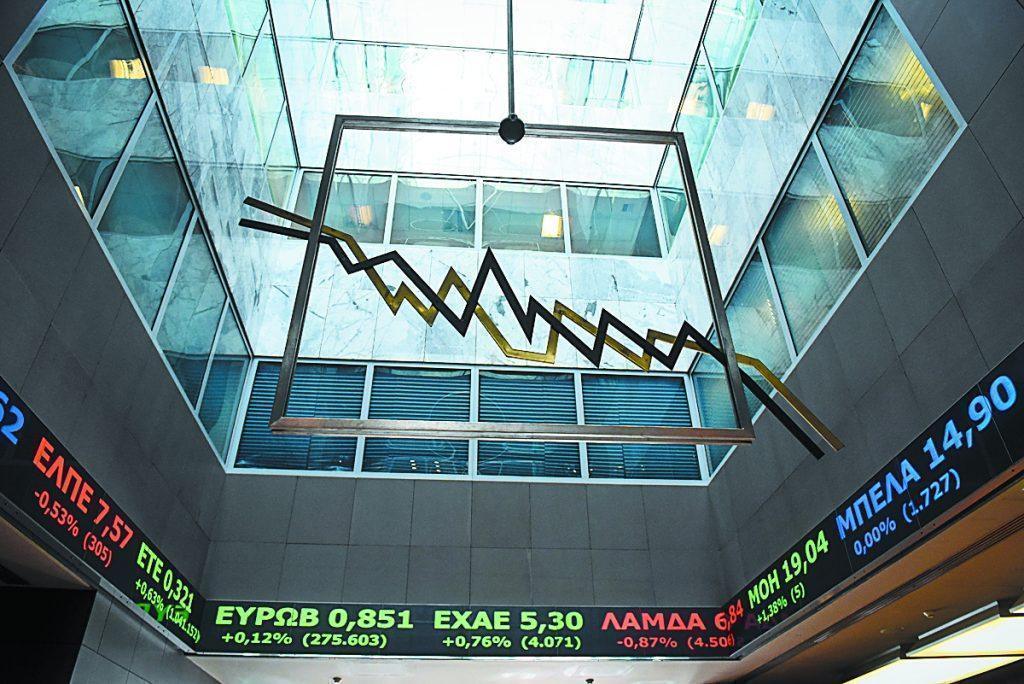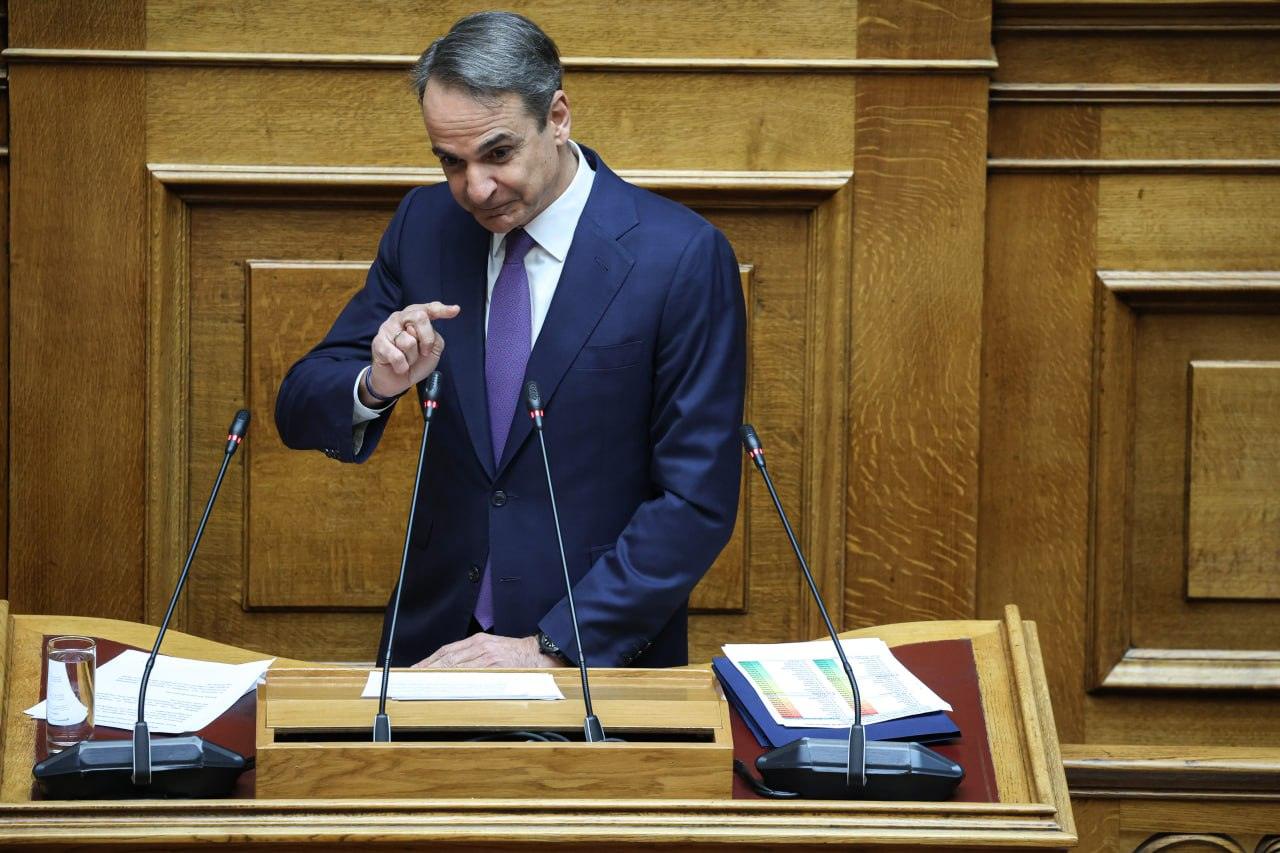At the end of June, domestic private sector deposits climbed to the highest point since September 2011, standing at 182.33 billion euros, with monthly net inflows at 2.9 billion euros.
This is the third consecutive month that the relevant figures are moving upwards, while according to banking sources, the trends are similar for July as well.
It is characteristic that in the period April – June 2022, the deposit base was strengthened by 5.75 billion euros, fully compensating for the outflows recorded in the first quarter. Now, the sign of the year is positive at 2.36 billion euros.
Individuals had a greater share in this increase, since their accounts in the first six months of 2022 swelled by 1.42 billion euros.
Also read: Uncertainty moves money from mutual funds back to deposits
Who’s leading the race?
However, the rally in the two months of May – June is led by non-financial companies, with net inflows during this period reaching 3.90 billion euros.
Of course, there had been four bad months for the domestic market, which, in addition to the reduction in consumer spending, were also characterized by the sharp increase in energy costs after the outbreak of the war in Ukraine.
In the second quarter of 2022, however, the course of deposits reversed, despite the climate of uncertainty, the reduction in household disposable income and the consequent pressure on the turnover of businesses in sectors that are mainly aimed at the internal market.
The reasons for the increase
According to banking sources, the increase in sizes is multifactorial and is attributed to the following:
1. Strong credit expansion to businesses
According to the data of the Bank of Greece, the net flow of financing to the private sector exceeded 2 billion euros in June. Of these, approximately 1.9 billion euros were directed to non-financial businesses and ended up in bank accounts.
2. Rise of the tourism sector
Significant injections of liquidity to freelancers and businesses were given by the very good course of tourism this year, which according to the appearances will register a new record of all times, in terms of receipts.
3. Use of e-cards
Support for the deposit balances of mainly small businesses is provided by the increase in the use of credit/debit cards by both Greek citizens and foreign visitors, the majority of whom pay by electronic means for the majority of purchases in Greece.
4. Increase in employment
The increase in employment is undoubtedly an interpretive factor for the increase in deposits of natural persons. It is not just a coincidence that in several sectors and especially catering and tourism, the supply of jobs far exceeds the demand. Besides, in the registers of the OAED government employment agency the registered unemployed from April to the end of June decreased by 75,000 or approximately 8%
5. Reduction in household purchases
Part of the strengthening of household deposits is explained by the suspension of consumer spending, both for economic and psychological reasons, due to high inflation.
In particular, in the first five months of 2022, the fall in the volume of sales in supermarkets is estimated to have exceeded 3% on an annual basis, while a 20% decrease was recorded in car sales.
In addition, since the beginning of the year the home appliance market has been declining at a rate of at least 6%.
6. Liquidations of mutual funds
The new wave of liquidations of mutual funds is working to boost the deposits of natural persons, as several investors choose to close their positions due to the volatile environment and high fluctuations in the markets.
In June, net outflows from the mutual funds market exceeded 50 million euros, which ended up in bank accounts.









































